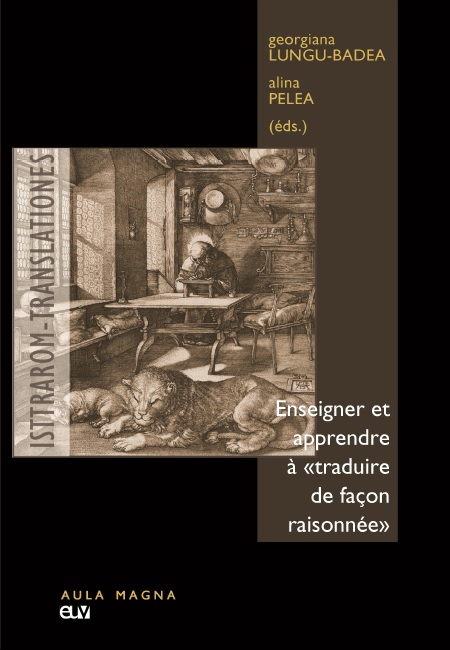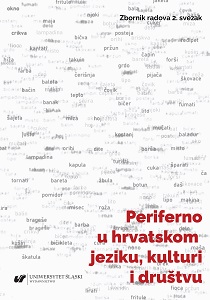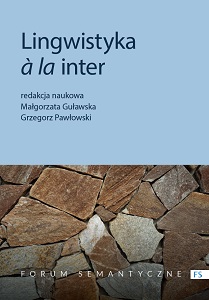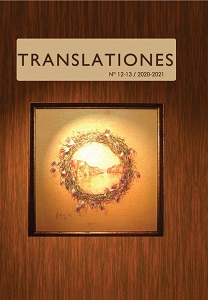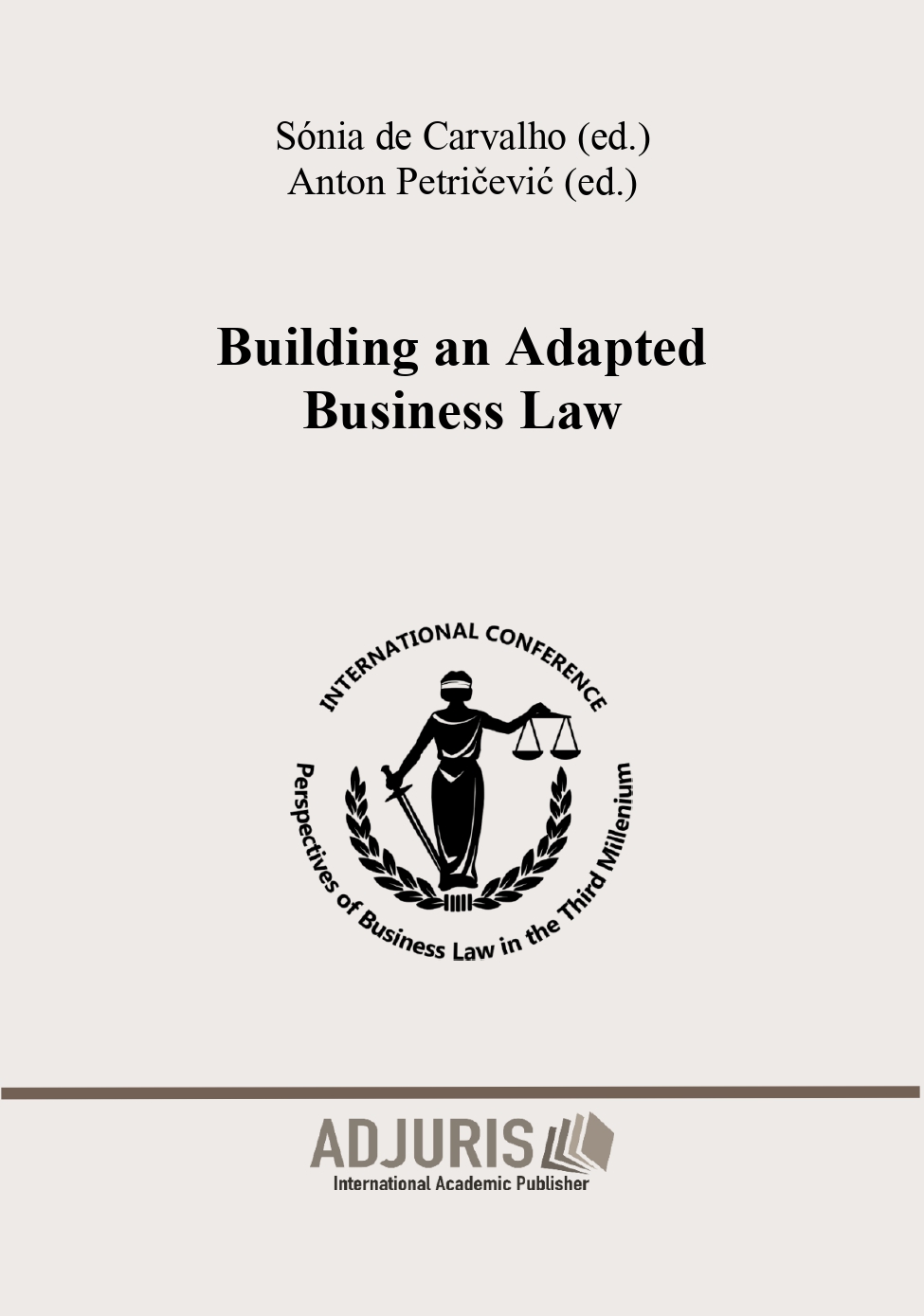Author(s): Sanda Lucija Udier,Milvia Gulešić Machata / Language(s): Croatian
Publication Year: 0
Teaching Croatian as a foreign language (CFL) significantly differs from the teaching of Croatian as a first language, and the differences arise from the fact that it is intended for different recipients, and that it most often takes place in substantially different contexts. This dissimilarity is largely reflected in the choice of learning materials in the approach to teaching and the progression of teaching, most notably in distinguishing what is considered crucial in teaching from what is considered minor. This paper presents the distribution of teaching materials in terms of those which are considered crucial in the teaching of CFL, and those which are considered minor. Crucial content is considered to be anything that encourages the development of communication competence, i.e. productive grammar, the semantics of grammatical forms, the lexicon of different styles and registers which are involved in everyday communication, as well as paralinguistic content, while minor content is considered to be standardized-prescriptivist questions and disputes, accentuation (except regarding the place of stress), as well as everything that requires the introduction of the metalevel in the teaching of language. In addition to that it is important to bear in mind that this is not a matter of „either … or,“ but rather a gradient distribution along a scale, which largely depends on the degree of linguistic competence at which the teaching takes place, the context of instruction, and the purpose for which CFL is studied. This means that the assessment of whether instructional content is crucial or minor in teaching is made on the basis of the different circumstances in which the teaching takes place – for example whether it is an academic program or course, whether general language or a specialized type of language is being taught, whether the teaching takes place in a program with a large number of lessons or a few, what level of linguistic competence is involved, whether the teachers are with linguistically homogenous or heterogenous groups of learners, what the learning outcomes are, and so on. In comparison with teaching Croatian as a first language, the teaching of CFL is very different and the approach to its instruction is specific, and therefore requires special training and specialization.
More...
